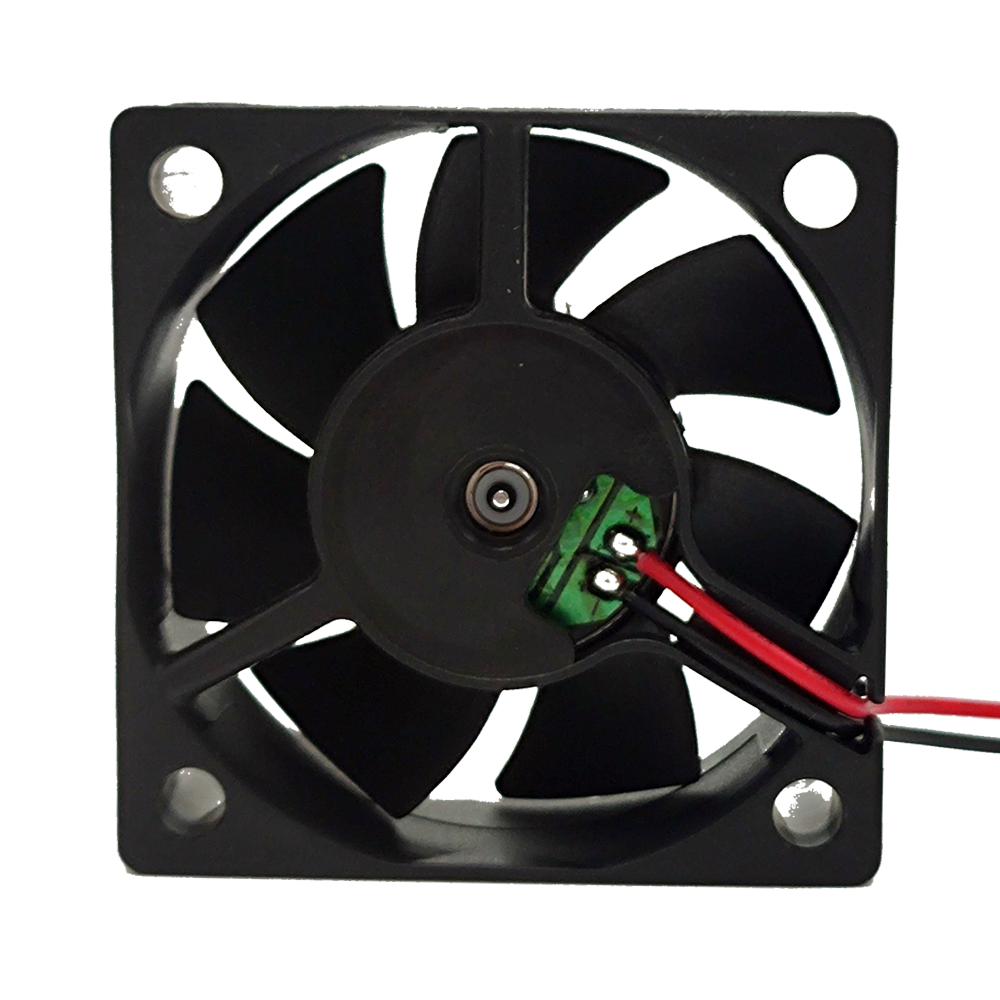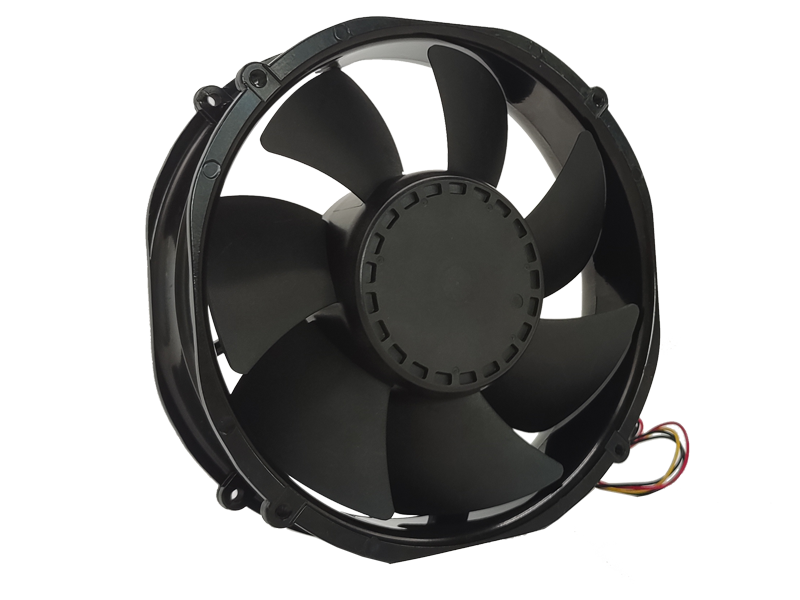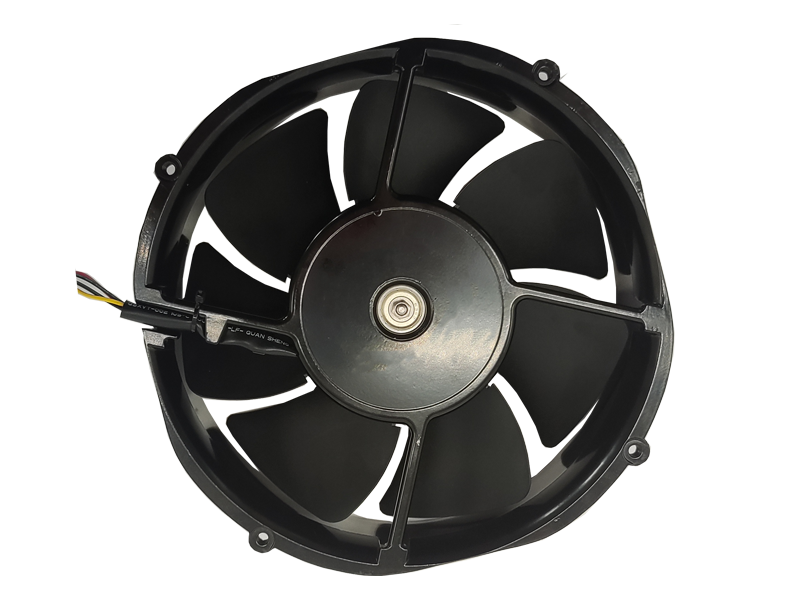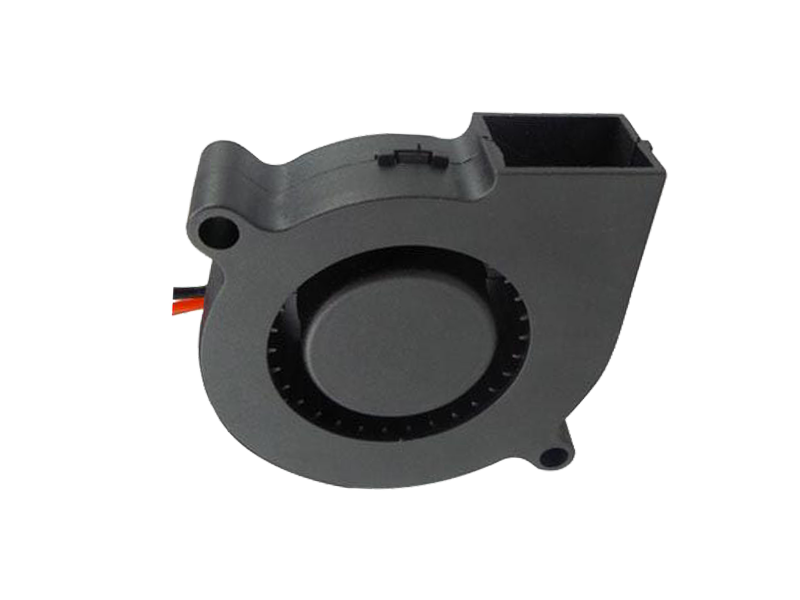Introduction: The Paradigm Shift Toward Customer-Driven Innovation
Traditional industrial fan design followed a "build-to-spec" model, but modern users demand solutions that adapt to their unique operational realities. A 2023 survey by the Air Movement and Control Association revealed that 79% of industrial buyers now prioritize customization capabilities over base performance metrics. This article explores how manufacturers are embracing user-centric design principles to create industrial fans that function as tailored solutions rather than generic products.
I. Understanding Unmet User Needs
Extreme Environment Adaptability
In mining operations, fans must withstand -40°C to 60°C temperature swings and 20g vibration loads. Canada Fan's ArcticPro series uses shape-memory alloy bearings that self-adjust to thermal expansion, reducing failure rates by 89%.
Hazardous Location Compliance
For oil refineries, fans must meet ATEX Zone 0 requirements. Greenheck's Explosion-Proof line incorporates intrinsic safety barriers and stainless steel construction, passing 138 independent safety audits.
Noise Control in Urban Environments
City ordinances limit noise to 55 dB(A) daytime. Systemair's SilentFlow series uses aerodynamic blade profiling and active noise cancellation, achieving 42 dB(A) operation while maintaining 98% airflow efficiency.
II. Co-Creation Methodologies
Digital Thread Workshops
Hartzell Fan's "Design Sprint" program involves end-users in rapid prototyping. Through 3D printing and VR simulation, customers validate designs in 72 hours versus traditional 6-week cycles.
Modular Architecture Systems
Munters' FlexFan platform offers 24 interchangeable components (motors, housings, impellers) that create 1,342 possible configurations. This reduces lead times from 14 weeks to 11 days for custom orders.
Performance-Based Contracting
Howden's "Fan as a Service" model guarantees airflow performance rather than selling equipment. This shifts risk to manufacturers, who optimize designs using real-world operational data.

III. The ROI of User-Centric Design
Reduced Total Cost of Ownership
Custom-designed fans from Aerovent reduce energy costs by 31% through optimized static pressure. In a pulp mill application, this offset the 18% price premium within 14 months.
Enhanced Safety Compliance
Chicago Blower's user-configured guards and dampers helped a chemical plant achieve OSHA VPP status, reducing incident rates by 76% and insurance premiums by 23%.
Future-Proofing Investments
Modular designs allow upgrades to emerging technologies. When a steel mill adopted new particulate control regulations, their Systemair fans accepted retrofit filters without equipment replacement, saving $2.7 million.
Conclusion: The Era of Adaptive Industrial Fans
User-centric design is transforming industrial fans into living products that evolve with customer needs. The integration of AI-driven customization platforms, like Hunter Industrial's Fan Optimizer Pro, demonstrates how manufacturers can balance mass production efficiency with bespoke solutions. As Industry 5.0 approaches, the most successful industrial fan products will be those that anticipate and adapt to user requirements before they're explicitly articulated.
Recommended Products

The main purpose:Car charging station

The main purpose:Car charging station

The main purpose:Electronic refrigerators, water dispensers, direct drinking machines, inverter power supplies
Address:No. 4137, Longgang Avenue (Henggang Section), Henggang Community, Henggang Street, Longgang District, Shenzhen
hotline:13530005572(Chen)15112579390(Li)


Welcome all friends to come for consultation and negotiation.
Copyright 2024 @ Shenzhen Youneng Xinyuan Electronics Co., Ltd.,(industrial fans,industrial blowers,axial fans,cooling fans manufacturer,centrifugal fans,ac cooling fans,dc cooling fans)